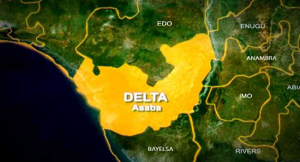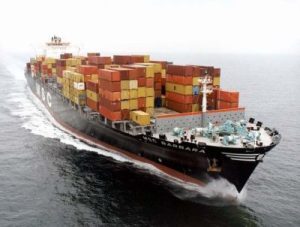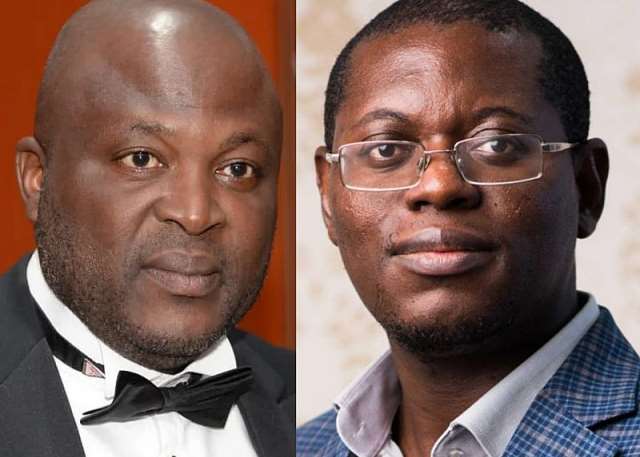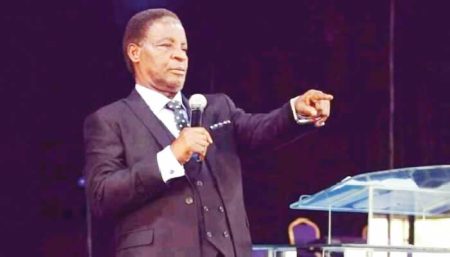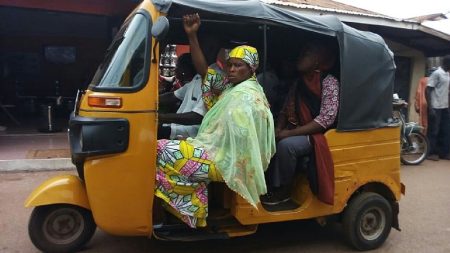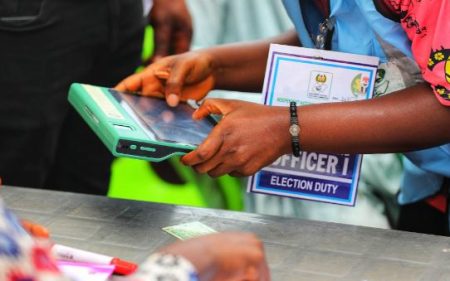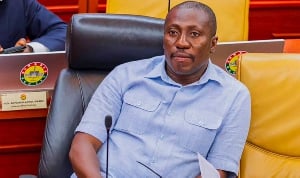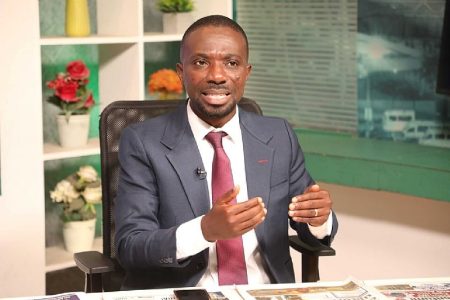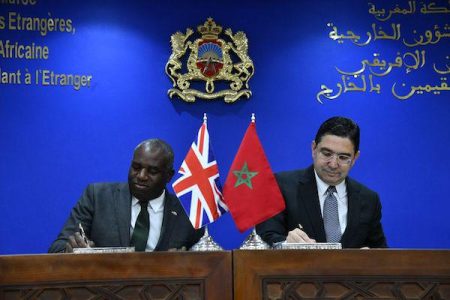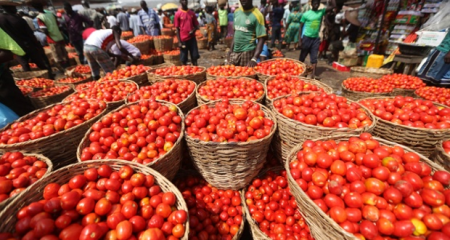The legal battle between Bright Simons, Vice President of IMANI Africa, and Ibrahim Mahama, brother of former Ghanaian President John Dramani Mahama, has intensified with a strategic maneuver by Simons’ legal team. They have filed a request for admissions, compelling Mahama and his company, Engineers & Planners (E&P), to confirm or deny a series of detailed allegations concerning their financial dealings and political connections, particularly within Ghana’s mining sector. This move transforms the defense in Mahama’s defamation suit against Simons into a proactive probe into the intersection of political influence, business practices, and public accountability within a key industry. The case, now poised to delve into the intricacies of these relationships, carries significant implications for transparency and accountability within Ghana’s political and economic landscape.
The crux of the request for admissions centers on Ibrahim Mahama’s status as a politically exposed person (PEP) due to his familial ties to the former president. Simons’ lawyers contend that this status was recognized by international entities like Appleby Law Firm, who classified Mahama as high-risk during his engagement with them in 2013. Furthermore, the document highlights E&P’s significant role as a contractor in Ghana’s mining sector, specifically its lucrative contracts with Abosso Goldfields Limited’s Damang Mine, totaling hundreds of millions of dollars. The request seeks to establish the extent of these financial dealings and their potential implications given Mahama’s political connections. This line of questioning scrutinizes the potential for undue influence and privileged access within the mining industry.
The request for admissions further delves into E&P’s financial health, highlighting the company’s alleged struggles following the suspension of operations at the Damang Mine in 2023. According to the filing, the resulting halt in payments for E&P’s services triggered a cascade of financial difficulties, including loan defaults and tense negotiations with creditors such as Stanbic Bank Ghana and the ECOWAS Bank for Investment & Development (EBID). Simons’ lawyers have detailed substantial outstanding debts, accumulated interest, and pending lawsuits against E&P, painting a picture of a company facing significant financial distress. This information raises questions about the company’s financial stability and management practices, particularly in the context of its dealings with state-related entities.
Beyond financial matters, the legal document probes the relationship between E&P and Ghana’s Minerals Commission. Simons’ lawyers point to the employment history of certain Commission officials who previously worked for either E&P or Goldfields, suggesting potential conflicts of interest and undue influence. Furthermore, the document alleges E&P’s attempts to acquire other mining assets, including the Cardinal Namdini Mines and the Damang mine itself, raising questions about the company’s expansion strategies and access to capital. These allegations underscore the need for transparency in the awarding of mining contracts and the oversight of regulatory bodies.
Simons’ legal strategy transcends a mere defense against defamation; it reframes the case within the broader context of public interest and accountability. By compelling Mahama and E&P to address these detailed allegations, Simons’ team aims to shed light on the complex interplay between political influence, business dealings, and access to state resources, particularly within Ghana’s lucrative mining sector. This approach positions the case as a significant test of transparency and accountability within the country’s political and economic systems.
Ultimately, the case’s outcome hinges on Mahama and E&P’s responses to the request for admissions. Their confirmations or denials will determine the trajectory of the legal proceedings and the extent to which these intricate relationships are scrutinized. Beyond the immediate legal implications, the case carries broader significance for freedom of speech, investigative journalism, and the public’s right to know about the dealings of politically connected figures within key industries. The unfolding legal drama promises to be a pivotal moment in Ghana’s ongoing struggle for greater transparency and accountability.



